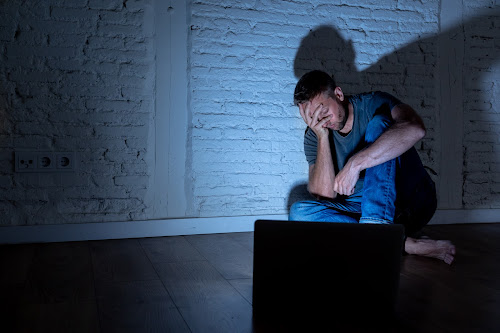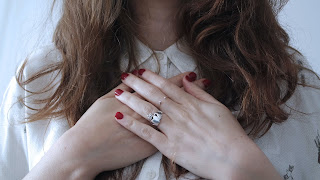When to limit social media

A new client contacted me last week because he just had the first panic attack of his life. He did not have any previous history of anxiety or depression and didn't know what was happening to him. He went to his doctor and she told him to pursue therapy. He lives by himself and works remotely. Covid-19 has him isolated in his house most of the time. His job does not require in-person meetings so he mostly completes his work and submits it electronically. The panic attack occurred a fter he spent the evening watching the news, where he saw people dying in chokeholds and protestors in dangerous confrontations. Before bed, he checked his social media, which was full of footage of violence, threats, fake news, and vile comments from trolls. That evening he had the panic attack complete with feelings of fear and doom, pounding heart, sweating, trembling, shortness of breath and chills. The first thing I told him to was to limit his news and social media browsing and reconnect with ...




